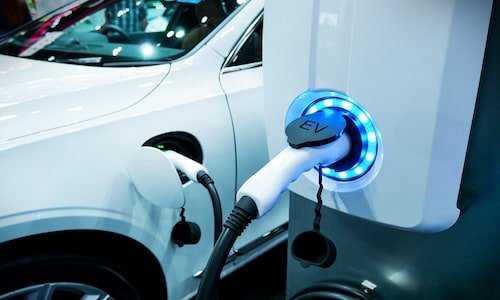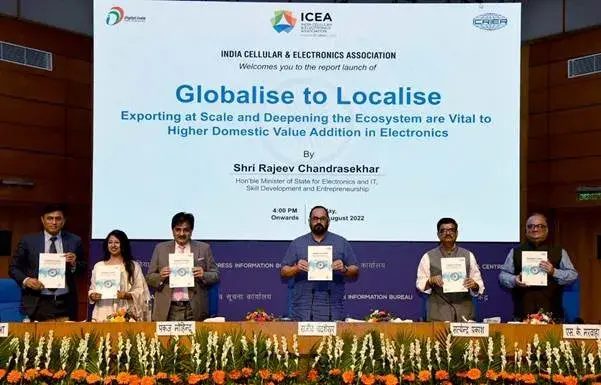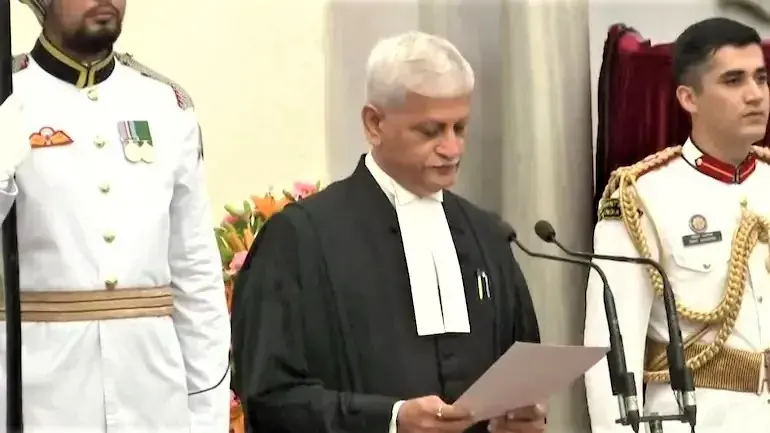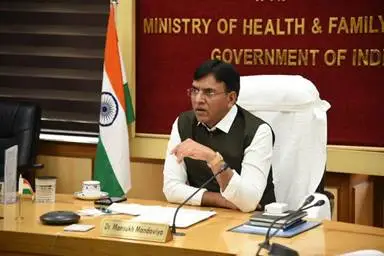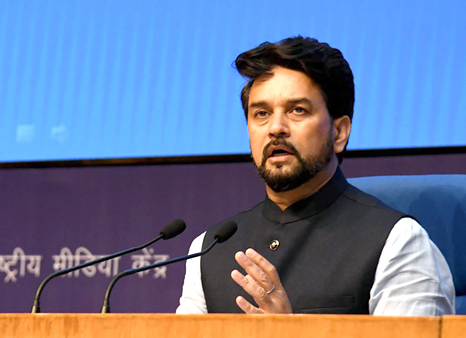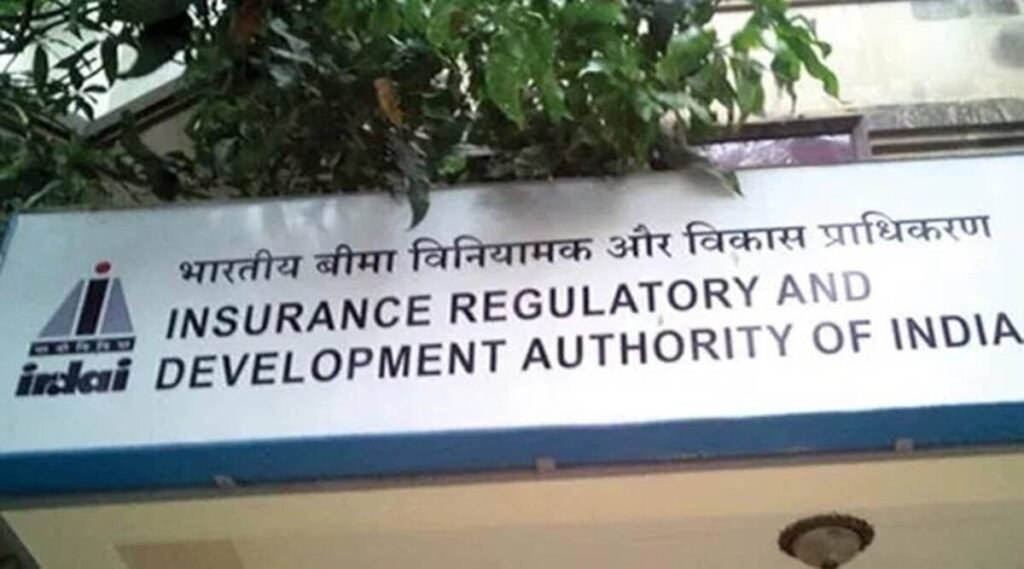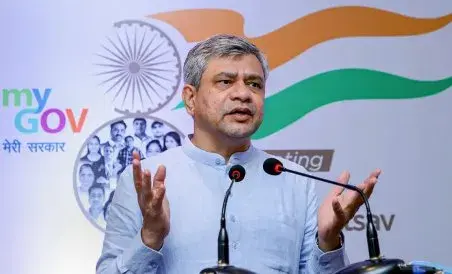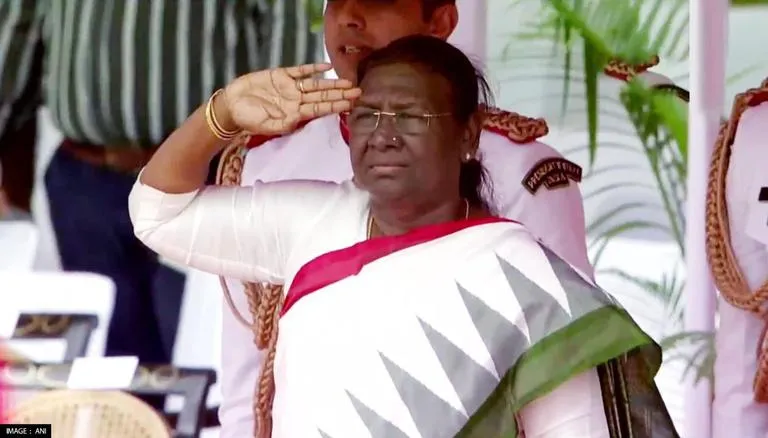Rajasthan approves an EV Purchase Grant of Rs. 40 crores
A new electric vehicle policy that offers financial advantages to EV owners in the state has been enacted by the Rajasthan government. The government has granted a total contribution of Rs 40 crore towards the purchase of electric vehicles under the new Rajasthan Electric Vehicle Policy (REVP). The five-year-long policy’s objective is to promote the use of electric vehicles throughout the state. The pollution that diesel and petrol vehicles produce in the state will decrease as the number of electric vehicles rises. The policy was unveiled by Chief Minister Ashok Gehlot in the 2019–20 budget. Later, in May of this year, the draft policy was approved. The government agreed to the suggested one-time payment for the purchase of electric vehicles as well as an additional budgetary provision of Rs 40 crore for the reimbursement of State Goods and Services Tax (SGST). For two-wheelers, the state government would pay compensation in the range of Rs 5,000 to Rs 10,000 for SGST. Depending on the vehicle’s battery capacity, a reimbursement of Rs 10,000 to Rs 20,000 will be given for the purchase of three-wheelers. A sum of Rs 40 crore has also been given to the transport department to settle any outstanding grants for the purchase of electric vehicles. A grant of Rs 5 crore from the total amount of Rs 40 crore will shortly be given to 3,000 vehicle owners in the state who bought their automobiles during the current fiscal year.
Rajasthan approves an EV Purchase Grant of Rs. 40 crores Read More »

